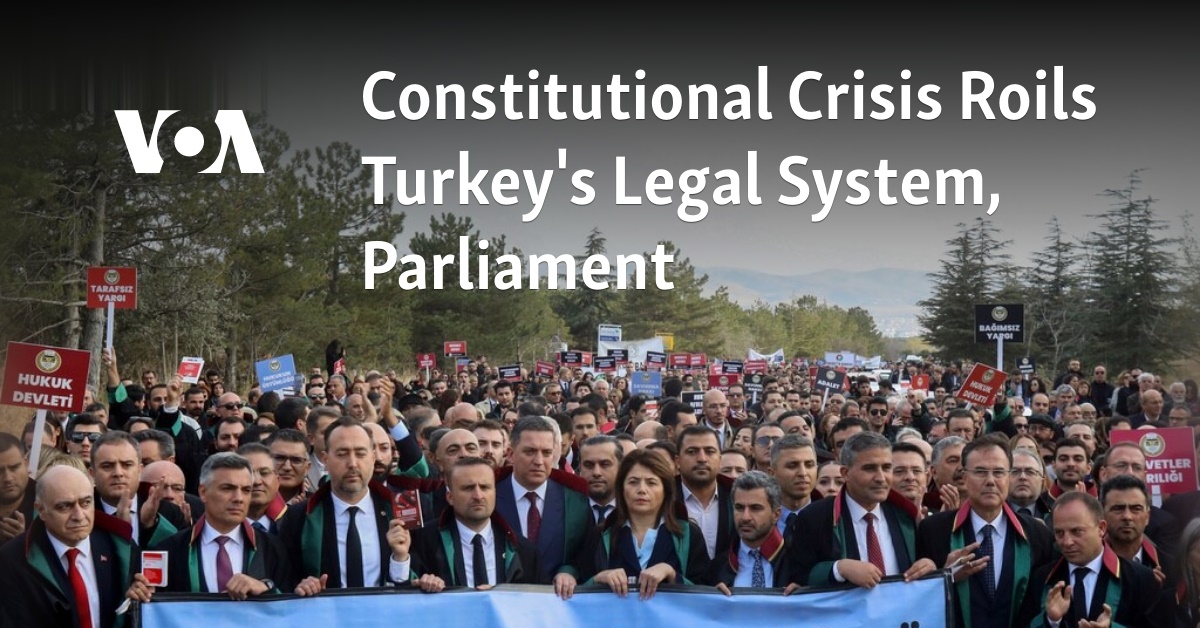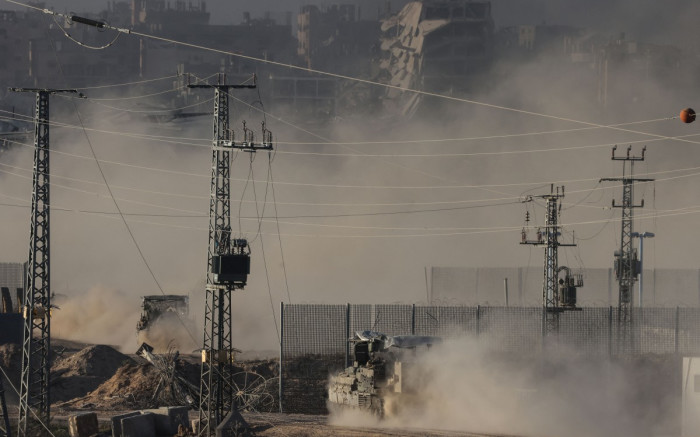
The majority of the court’s judges voted to repeal the law, saying it would cause serious harm to Israeli democracy.
Israel’s Supreme Court has overturned a highly controversial law passed by Prime Minister Benjamin Netanyahu’s right-wing government that limited some of the Supreme Court’s power and caused a stir nationwide protests.
The law, passed in July, was part of a broader judicial reform proposed by Netanyahu and his coalition of religious and nationalist partners.
The legislation The lawsuit brought to court had deprived one, but not all, of the Supreme Court’s tools to overturn government and ministerial decisions. This deprived the court of the ability to overturn decisions it deemed “unreasonable.”
Eight of 15 judges voted to repeal the law, the court announced on Monday.
Justice Minister Yariv Levin, a Netanyahu ally and the architect of the reform, criticized the court’s decision, saying it showed “the opposite of the spirit of unity that is required today for the success of our soldiers on the front lines.”
The ruling “will not discourage us,” Levin said, without specifying whether the government would seek to revive his plan in the near term. “As campaigns continue on various fronts, we will continue to act with restraint and responsibility.”
Opposition MPs praised the verdict. They had argued that Netanyahu’s efforts to remove the standard of reasonableness opened the door to corruption and the improper appointment of unqualified cronies to important positions.
The Supreme Court said in a summary of its decision that the majority of justices decided to strike down the law because it would cause serious harm to Israeli democracy.
The move was a major blow to Netanyahu and his hardline allies, who argued that the national legislature, not the Supreme Court, should have the final say on the legality of laws and other key decisions. However, the judges said the Knesset, or parliament, does not have “all-powerful” power.
Netanyahu and his allies announced their sweeping reform plan shortly after taking office a year ago. It calls for curbs on the power of judges, from limiting the Supreme Court’s ability to review parliamentary decisions to changing the way judges are appointed.
The government said the changes aim to strengthen democracy by limiting the authority of unelected judges and giving more powers to elected officials. But opponents see the reform as a seizure of power by Netanyahu, who is on trial on corruption charges, and an attack on an important watchdog.
Before Israel launched its latest attack on the besieged Gaza Strip on October 7, hundreds of thousands of Israelis took to the streets weekly in anti-government protests.
Among the protesters were military reservists, including fighter pilots and members of other elite units, who said they would no longer report for duty if the overhaul was passed. The reservists form the backbone of the military.
In the Israeli system, the prime minister governs through a majority coalition in parliament – effectively giving him control of the executive and legislative branches of government.
Therefore, the Supreme Court has a critical oversight role. Critics said that by weakening the judiciary, Netanyahu and his allies were trying to undermine the country’s separation of powers and consolidate power over the third, independent branch of government.






Recent Comments